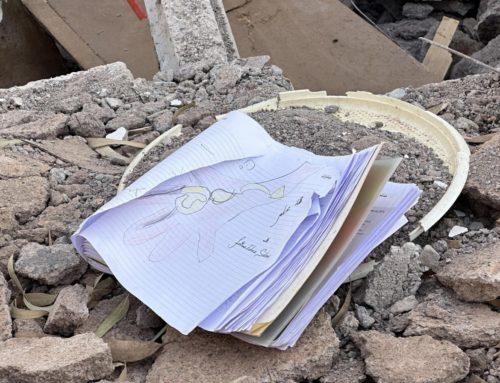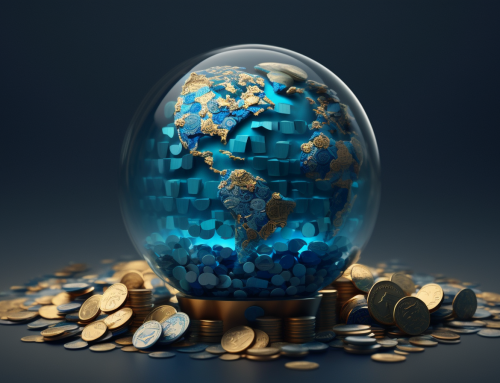Gender equality is a complex and multifaceted issue that is essential for achieving sustainable development and ensuring that everyone has an equal opportunity to thrive. Morocco has made significant progress in recent years towards promoting gender equality, but there is still much work to be done.
At TALM Group, we recognize that data is crucial for understanding the state of gender equality in Morocco and for developing effective solutions to address the challenges that remain. In this article, we will provide an overview of gender indicators and scores in Morocco, and we will examine the latest values of the gender report of the World Economic Forum.
The Gender Parity Index (GPI) is one of the most widely used measures of gender equality, and it captures the relative level of access to resources and opportunities for men and women. In Morocco, the GPI has increased steadily over the past decade, from 0.54 in 2008 to 0.62 in 2021, indicating significant progress in closing the gender gap.
However, despite this progress, there are still significant disparities between men and women in several key areas. For example, in the area of political empowerment, women remain underrepresented in decision-making roles, holding just 17% of seats in the lower house of parliament. In terms of economic participation and opportunity, women also face significant challenges, with a gender wage gap of 27% and lower labor force participation rates than men.
The latest gender report of the World Economic Forum, released in 2021, provides a comprehensive overview of gender equality in 156 countries, including Morocco. According to the report, Morocco ranks 135th overall in the Global Gender Gap Index, down from 133rd in the previous year’s report. This drop is largely due to a decrease in the country’s performance on the political empowerment and health and survival indicators.
Despite this decline in ranking, Morocco has made significant progress in several other areas. For example, the country has improved its performance on the economic participation and opportunity indicator, ranking 126th in 2021, up from 131st in the previous year’s report. This improvement is due in part to an increase in the percentage of women in professional and technical roles.
At TALM Group, we recognize that these gender indicators and scores provide an important starting point for understanding the state of gender equality in Morocco. However, we also recognize that these numbers only tell part of the story, and that there is much work to be done to address the root causes of gender inequality.
We are committed to working with our partners to develop tailored solutions that promote gender equality and sustainable development in Morocco. This includes supporting public policy and legal reform, engaging in public advocacy, and working with communities, businesses, and government agencies to develop sustainable solutions that meet their unique needs.
In conclusion, gender equality is a critical issue that is essential for achieving sustainable development and ensuring that everyone has an equal opportunity to thrive. Morocco has made significant progress in recent years towards promoting gender equality, but there is still much work to be done. At TALM Group, we are committed to working with our partners to address the root causes of gender inequality and to develop tailored solutions that promote sustainable development and gender equality in Morocco.







Leave A Comment